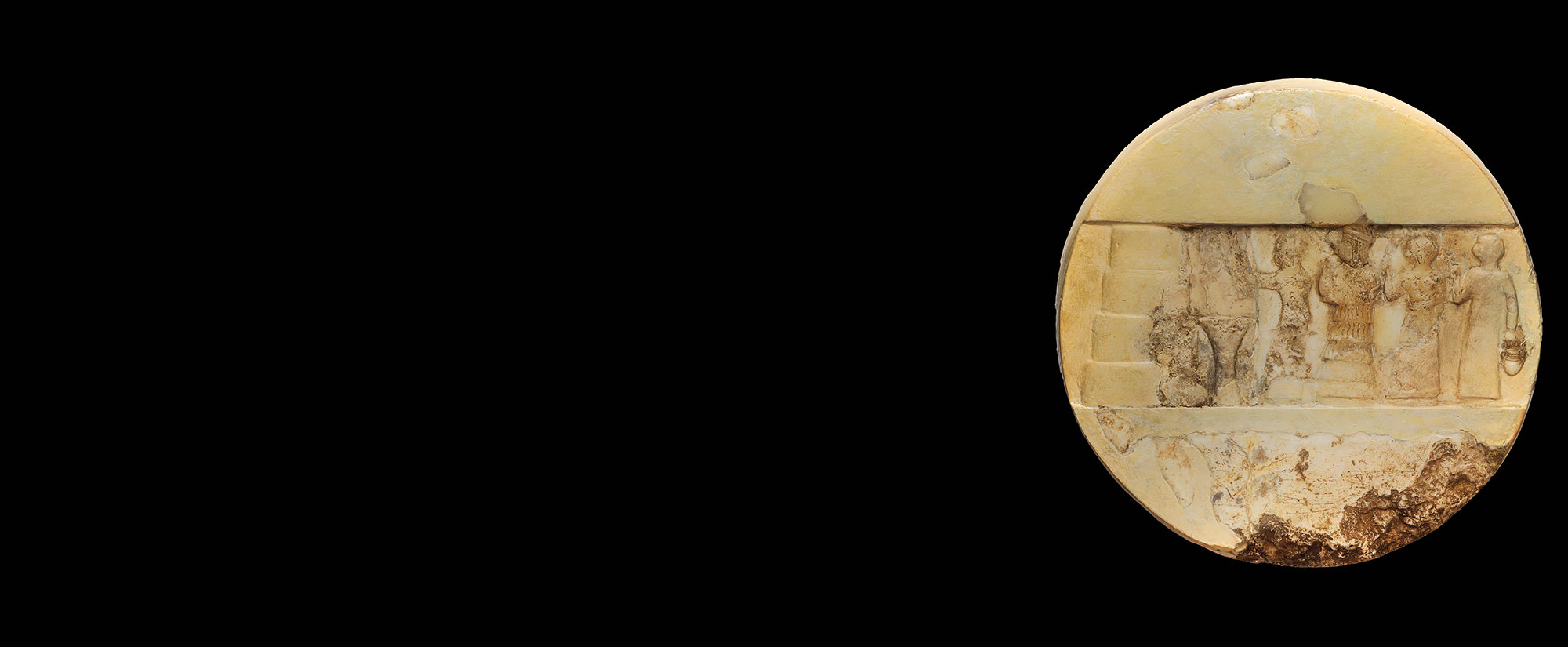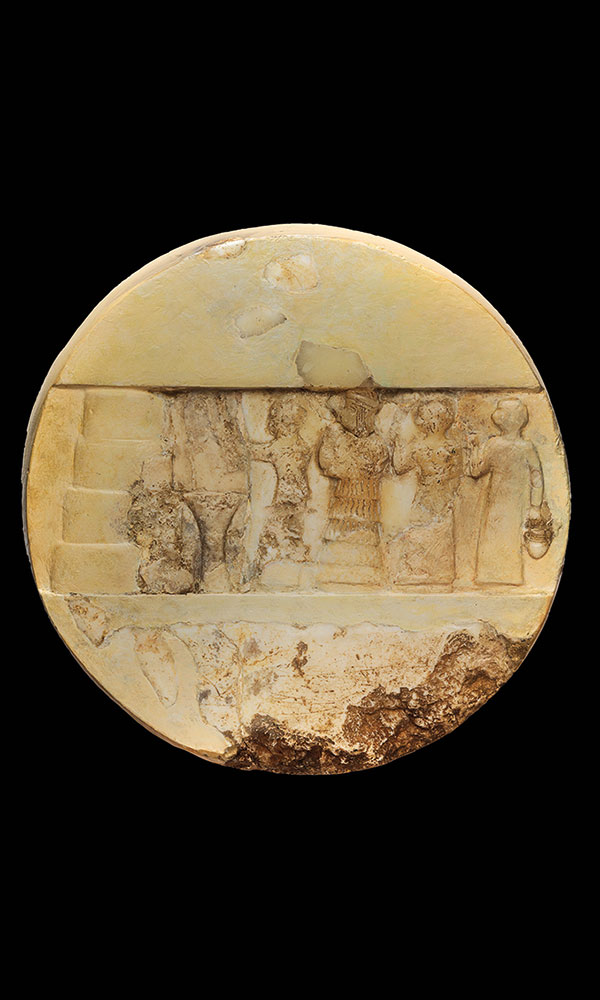MELBOURNE, AUSTRALIA—According to a Science Magazine report, a comparison of Neanderthal genomes, the genomes of 56 living people from Papua New Guinea, and the genomes of Denisovans recovered from Siberia’s Denisova Cave suggests that modern Papuans inherited more than 80,000 Denisovan gene variants. Some of those genes are thought to have fine-tuned the immune systems of modern Papuans to the environment. In particular, several of the variants were shown to reduce the inflammatory response in white blood cells collected from Papuans by Christopher Kinipi of the University of Papua New Guinea. “In the tropics where people have high loads of infectious disease, you might want to tone down the immune response a little and not go overboard,” explained evolutionary geneticist Irene Gallego Romero of the University of Melbourne. Such gene swaps with other hominins, who were well adapted to the regions in which they lived, would have allowed migrating modern humans to adapt quickly to new areas with new pathogens, concluded computational biologist Janet Kelso of the Max Planck Institute for Evolutionary Anthropology. Read the original scholarly article about this research in PLOS Genetics. For more on Denisovan DNA, go to "Our Tangled Ancestry."
Denisovan Genes May Have Boosted Modern Human Immunity
News December 9, 2022
Recommended Articles
Digs & Discoveries July/August 2022
The Great Maize Migration
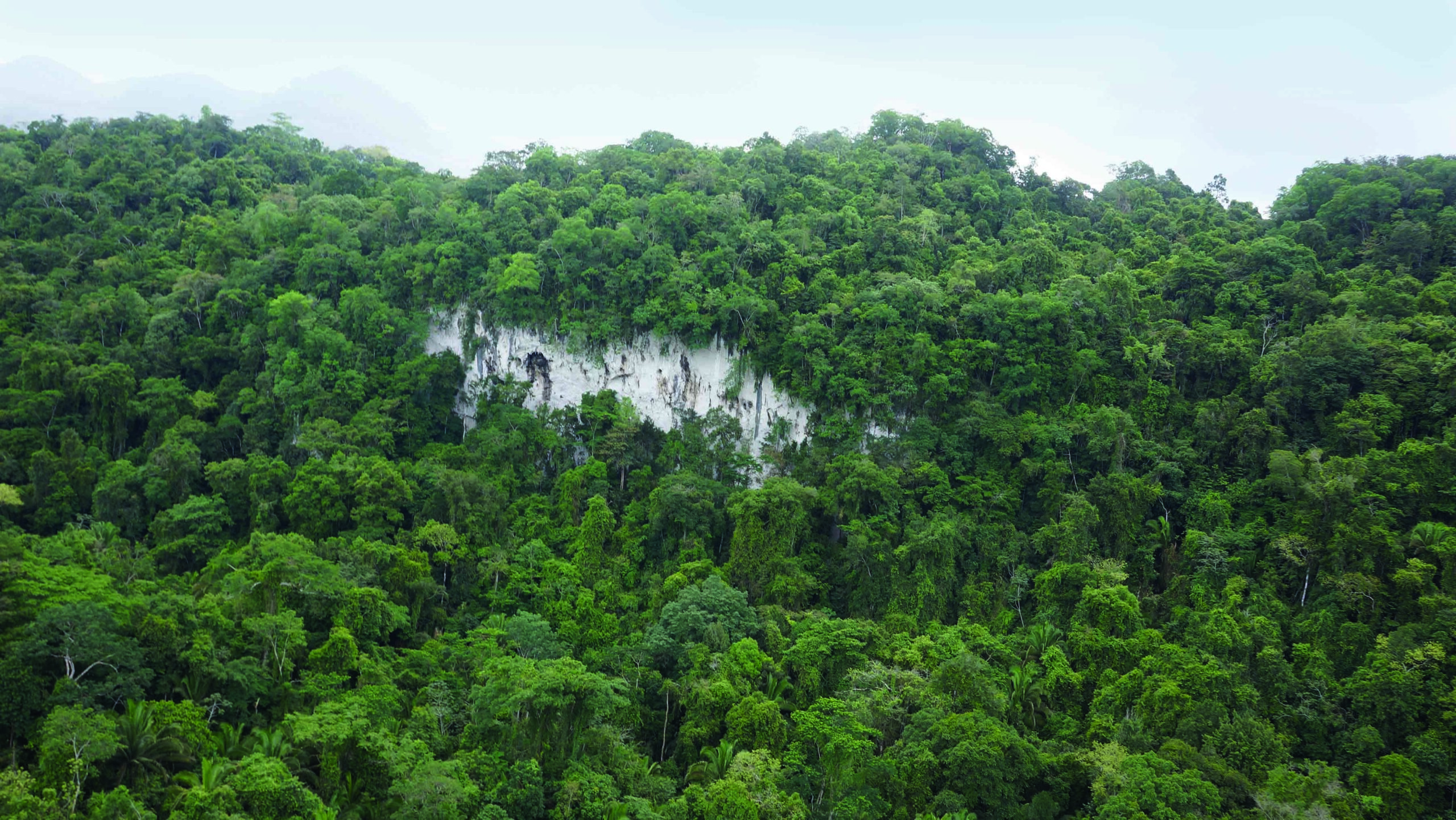
Digs & Discoveries January/February 2022
Japan's Genetic History
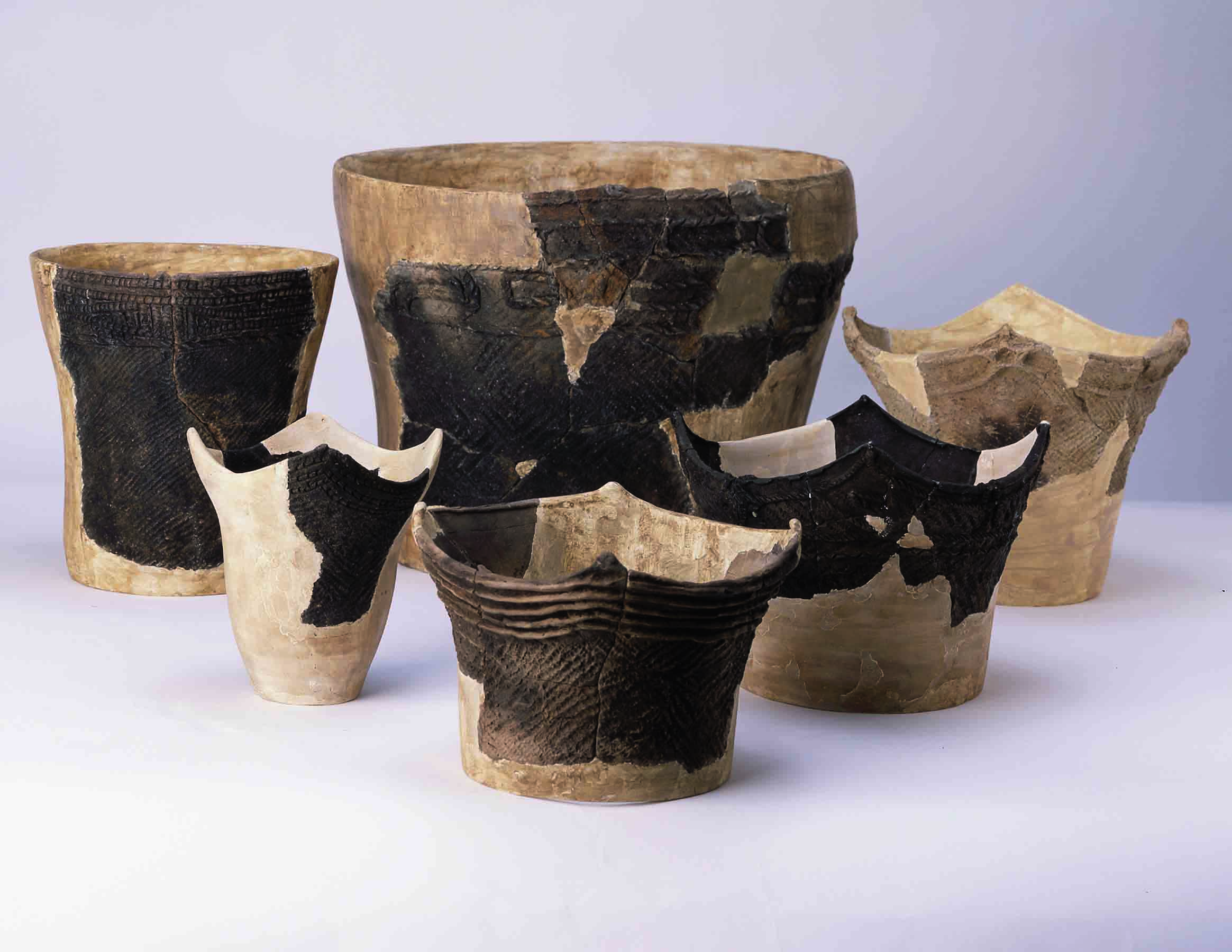
Digs & Discoveries November/December 2016
Coast over Corridor
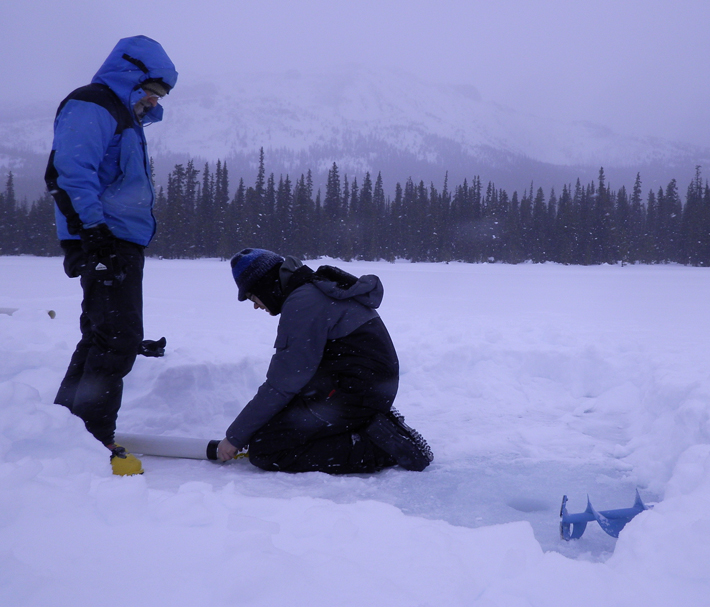
Artifacts July/August 2025
Maya Ceramic Figurine
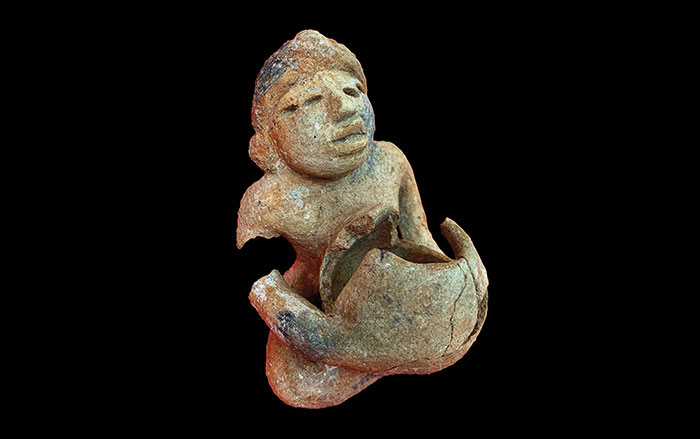
-
Features November/December 2022
Mexico's Butterfly Warriors
The annual monarch migration may have been a sacred event for the people of Mesoamerica
 (+NatureStock)
(+NatureStock) -
Features November/December 2022
Magical Mystery Door
An investigation of an Egyptian sacred portal reveals a history of renovation and deception
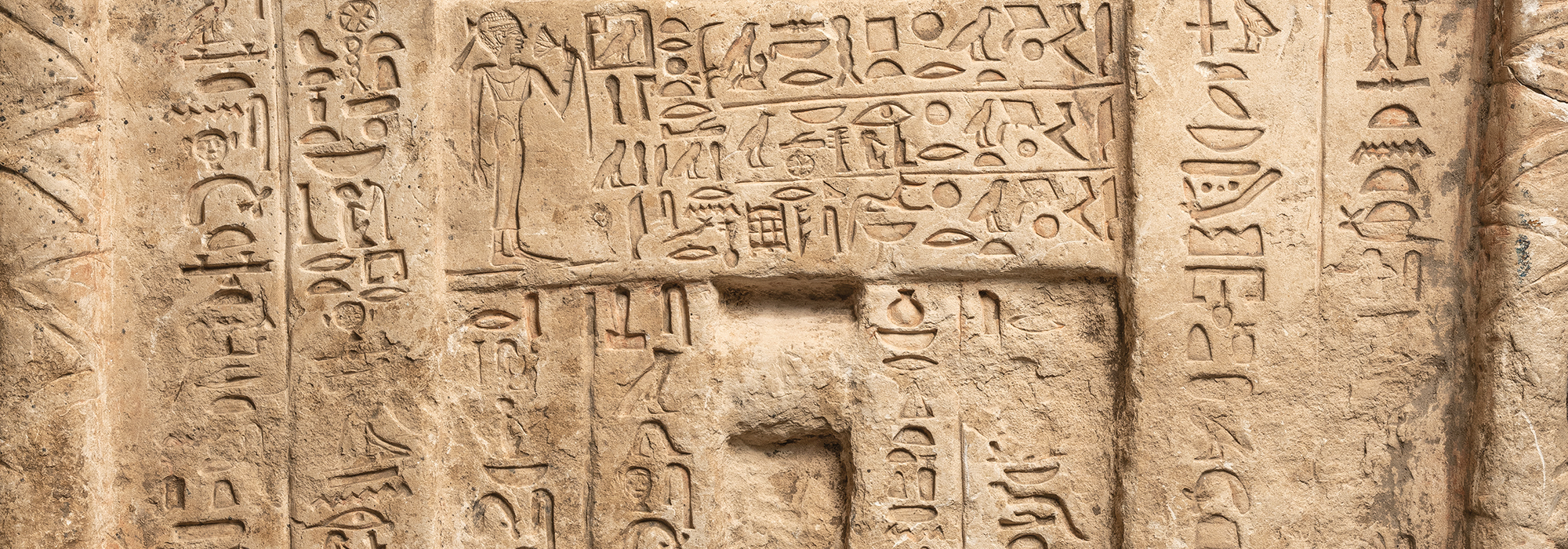 (© The Fitzwilliam Museum, Cambridge)
(© The Fitzwilliam Museum, Cambridge) -
Letter from Australia November/December 2022
Murder Islands
The doomed voyage of a seventeenth-century merchant ship ended in mutiny and mayhem
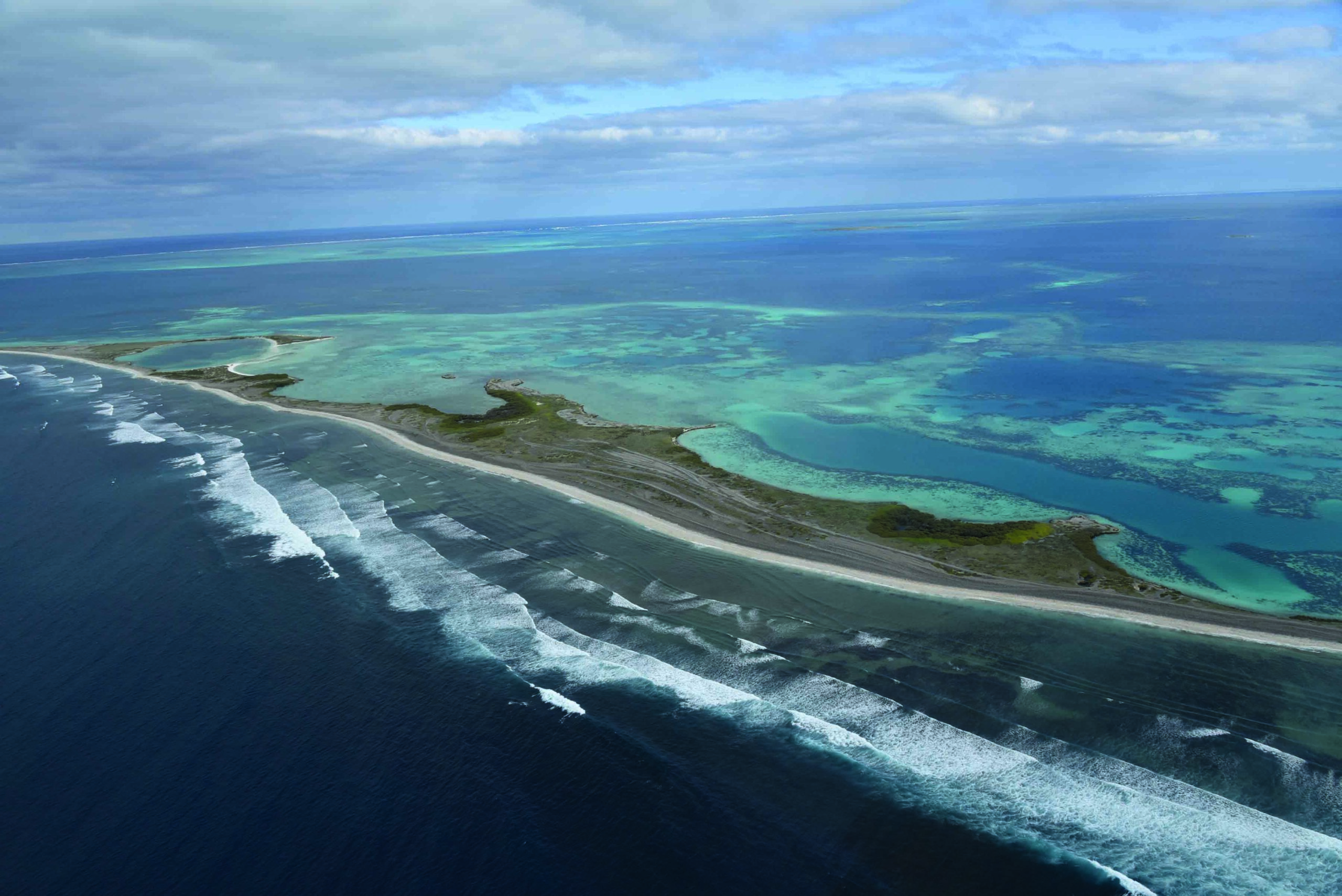 (Roger Atwood)
(Roger Atwood) -
Artifacts November/December 2022
Hellenistic Inscribed Bones
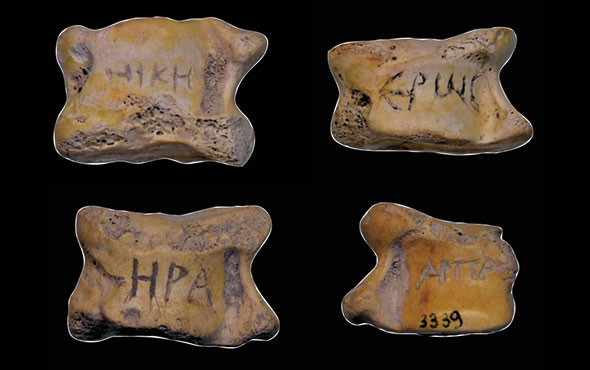 (Courtesy Israel Antiquities Authority)
(Courtesy Israel Antiquities Authority)


